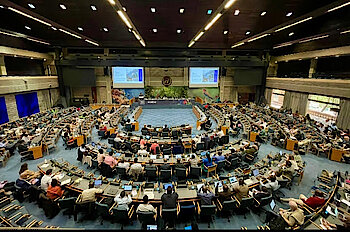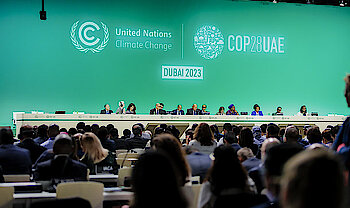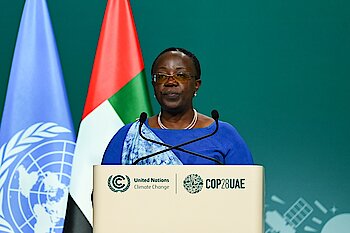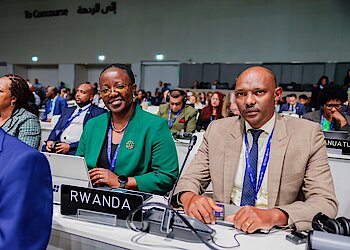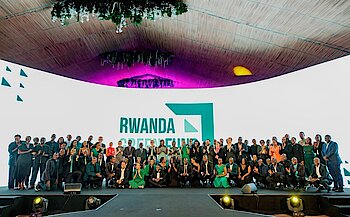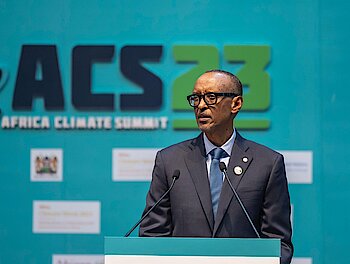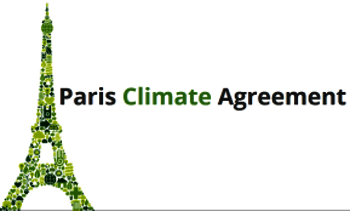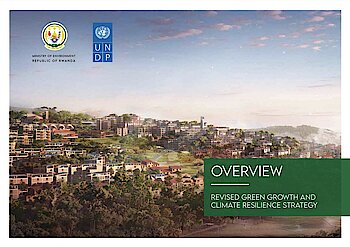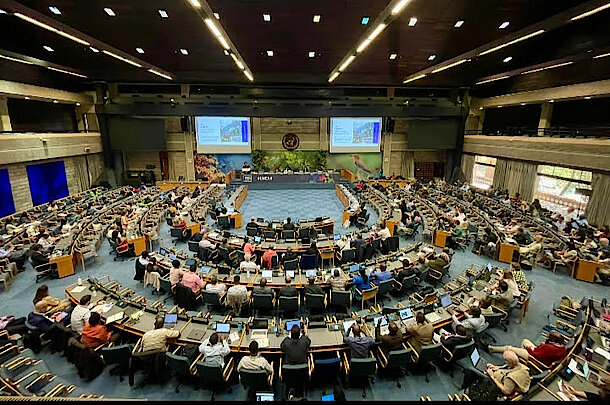
Tackling Short-Lived Climate Pollutants: Insights from CCAC2024 Conference
The Climate and Clean Air Conference 2024 (CCAC2024), took place in Nairobi, Kenya, on the sidelines of the Sixth session of the United Nations Environment Assembly (UNEA-6). this conference brought together stakeholders from across the globe to address the pressing issue of short-lived climate pollutants (SLCPs). SLCPs, including black carbon, methane, tropospheric ozone, and hydrofluorocarbons (HFCs), are potent contributors to global warming, despite their shorter atmospheric lifespans compared to carbon dioxide (gas that contribute to the increase of temperature in atmosphere).
This short-lived climate pollutants is responsible for up to 45% of current global warming, demand urgent attention. If left unchecked, they could account for as much as half of the warming caused by human activity in the coming decades. Recognizing this critical challenge, the Climate and Clean Air Coalition (CCAC) supports countries to reduce short-lived climate pollutants emissions across sectors by 2030, while advocating for elevated ambition and advancing the latest in policy-relevant science.
Rwanda being a member of the CCAC, has committed to reducing global methane emissions by 30% by 2030 compared to 2020 levels. This commitment reflects Rwanda's dedication to mitigating climate change and its adverse effects on the environment, economy, and public health.
The Conference brings together the CCAC's 86 State Partners and 83 Non-State Partners to discuss the latest science and policy, share best practices, and develop a shared agenda in key emitting sectors like agriculture, waste, fossil fuels, household energy, heavy-duty vehicles and engines, and cooling. This conference will move the dialogue forward, focusing on the cost of inaction, highlighting ways to further scale up implementation of the Global Methane Pledge, Clean Air Flagship and Kigali Amendment, and collectively charting the course to 2025 and beyond.
The Conference features the high-level plenary sessions on global, regional and national efforts to reduce methane, black carbon and hydrofluorocarbons, including the benefits of fast action, national policy and planning, and financing for implementation; science policy dialogue sessions on latest emerging science and how new information can inform policy development; technical sessions among CCAC sector hub members to showcase best practices in key emitting sectors: agriculture, cooling, fossil fuels, heavy-duty vehicles and engines, household energy, and waste.
The three themes addressed in this year’s conference are economic opportunities and the cost of inaction; leveraging finance to scale up implementation; and looking forward to 2025. In this conference, each of the six CCAC Sector Hubs will meet in back-to-back sessions to address key issues facing each sector, and will provide countries and non-state actors to discuss ways to overcome barriers and achieve implementation.
Rwanda as a member of CCAC, has received the support from CCAC to develop a National SLCPs action plan and a National Methane Roadmap. The development of National short-lived climate pollutants action plan is expected to strengthen the institutional capacity of multiple government authorities, affiliated agencies and key stakeholders to drive short-lived climate pollutants mitigation actions. The development of National Methane Roadmaps will serve as input to Rwanda’s 2025 Nationnally Determined Contributions update and contributes to achieving its commitment under the Global Methane Pledge.
Given the significant impact of short-lived climate pollutants on both climate and health, reducing their emissions is imperative. Implementing technologies to capture methane emissions from sources such as landfills, agriculture (e.g., livestock and rice paddies), adopting practices such as composting organic waste can help reduce methane emissions from decomposition. Encouraging the use of clean and efficient cooking or using the improved cookstoves can reduce emissions of black carbon from household sources. Transitioning to alternative refrigerants with lower global warming potential can help reduce emissions of hydrofluorocarbons. Planting trees and restoring forests not only helps sequester carbon dioxide but also can help reduce black carbon concentrations by providing natural filters.
Addressing short-lived climate pollutants requires international cooperation due to their transboundary nature. Initiatives like the Kigali Amendment to the Montreal Protocol, which aims to phase down the production and consumption of hydrofluorocarbons, demonstrate the importance of multilateral agreements in tackling short-lived climate pollutants effectively.
In the fight against climate change, reducingshort-lived climate pollutants is a critical component of mitigating its impacts. While efforts to curb CO2 emissions must continue, addressing short-lived climate pollutants offers a more immediate and potent means of slowing global warming and its associated effects on human health, agriculture, and the environment. By implementing targeted strategies and fostering international collaboration, we can clean the air and pave the way for a more sustainable future.
Topics
More posts
Tackling Short-Lived Climate Pollutants: Insights from CCAC2024 Conference
The Climate and Clean Air Conference 2024 (CCAC2024), took place in Nairobi, Kenya, on the sidelines of the Sixth session of the United Nations…
RWANDA WELCOMES HISTORIC COP28 DECISION TO TRANSITION AWAY FROM FOSSIL FUELS
The Government of Rwanda has welcomed the ground-breaking decision made at the 28th Conference of the Parties (COP28) to the United Nations Framework…
NATIONAL STATEMENT - COP28 UN CLIMATE CHANGE CONFERENCE
Delivered by Dr Jeanne d’Arc Mujawamariya, Minister of Environment
To begin, I express my gratitude to His Highness Sheikh Mohamed bin Zayed…
Follow the UNEP Pavilion Discussion on the Role of Industry & Finance in Supporting the Adaptation Agenda at COP28
This session, which comes at the conclusion of Industry Day is designed to offer comprehensive insights into the roles of industry and finance in…
Rwanda to call for more ambitious climate action at COP28
At this year’s UN Climate Change Conference, known as COP28, Rwanda will call for more ambitious climate action, a doubling of funding for adaptation…
Rwanda Green Fund Celebrates a Decade of Impact
The Rwanda Green Fund has marked its 10th anniversary, a remarkable milestone of transformative impact in Rwanda. Established in 2012, the Fund has…
Africa Climate Summit | National Statement by President Kagame | Nairobi, 5 September 2023
First, I wish to thank President Ruto for hosting us in beautiful and vibrant Nairobi for the Africa Climate Summit, organized in collaboration with…
Strengthening Transparency in Climate Action: Rwanda's Progress under the Enhanced Transparency Framework
Climate change is a global challenge that requires urgent action. Rwanda, like many other countries, is experiencing the impacts of climate change,…
RWANDA LAUNCHES REVISED GREEN GROWTH AND CLIMATE RESILIENCE STRATEGY
Rwanda has on June 5, 2023 launched the Revised Green Growth and Climate Resilience Strategy as part of World Environment Day celebrations. The…
